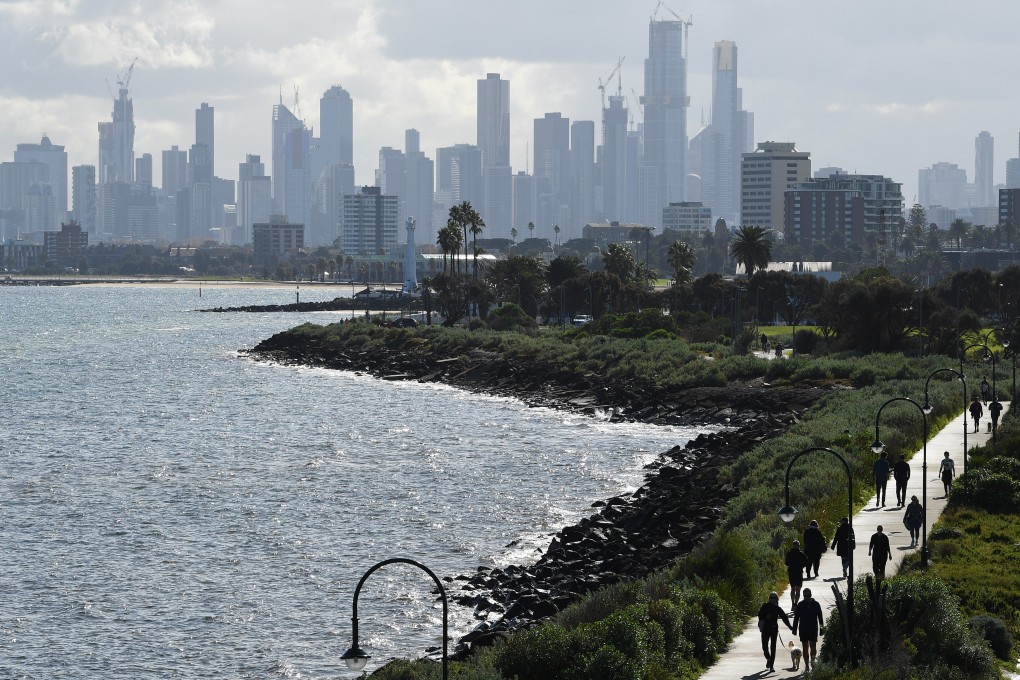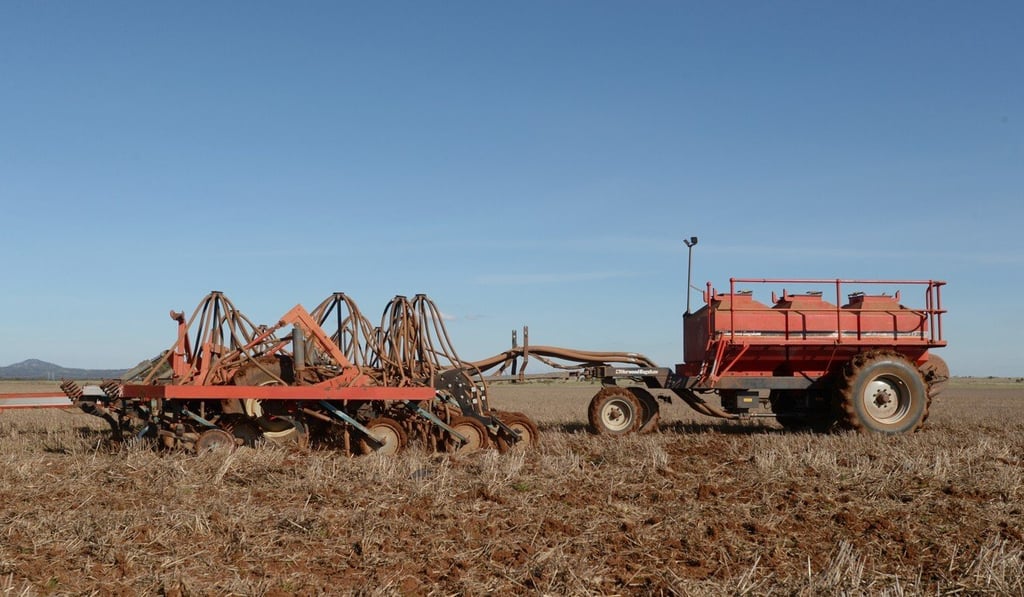Advertisement
Australia’s state of Victoria pushing ahead with belt and road plans, despite Canberra’s objections
- Victoria plans to sign agreements for investment under China’s Belt and Road Initiative within weeks, as Beijing ramps up trade tensions with Australia
- Home Affairs Minister Peter Dutton asked the state government to justify taking part in a ‘propaganda exercise’ for Beijing
Reading Time:3 minutes
Why you can trust SCMP

An Australian state is continuing with its plans to participate in China’s signature infrastructure drive regardless of opposition from Canberra, amid growing divisions between state and federal leaders over how to handle relations with Beijing.
Victoria’s bid to sign a road map for investment under China’s Belt and Road Initiative within weeks comes as state and national government figures clash over Canberra’s handling of escalating trade tensions with Beijing.
Beijing earlier this month restricted beef imports and slapped an 80 per cent tariff on Australian barley, in moves widely seen as retaliation for Australia’s push for an independent international inquiry into the coronavirus pandemic.
Advertisement

Home Affairs Minister Peter Dutton on Thursday called on the Victorian government, led by the opposition centre-left Labor Party, to justify taking part in a “propaganda exercise” for Beijing.
Advertisement
“This is gravely concerning, and Victoria needs to explain why it is really the only state in the country that has entered into this relationship,” Dutton said.
Advertisement
Select Voice
Choose your listening speed
Get through articles 2x faster
1.25x
250 WPM
Slow
Average
Fast
1.25x